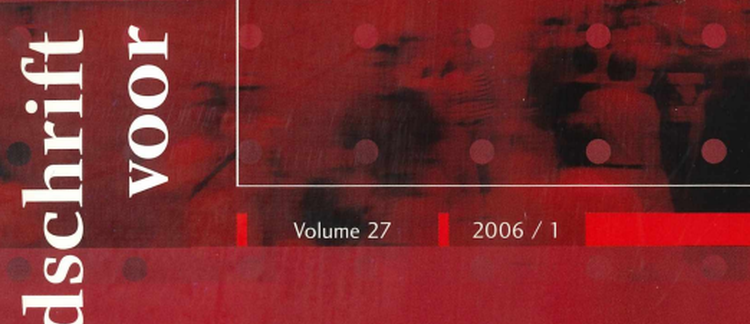Abstract
This research attempted to improve the understanding of mortality differences according to marital status by studying this inequality in a time span different from the twentieth century. After a study of contemporary literature, survival analysis was used to compare the hazard of dying for unmarried and widowed men in nineteenth-century Leuven with that hazard for married men. Also the impact of remarriage on mortality was investigated. It showed that married and unmarried men did not significantly differ with regard to their hazard to die. On the contrary, the death of a spouse significantly increased that hazard, even after remarriage. This confirmed the hypothesis that mortality differences according to marital status are due to the health-undermining outcomes of experiencing the end of a marriage. Furthermore, these results emphasize the importance to distinguish between first and later marriage in research concerning the impact of marital status on mortality, which is currently under-investigated.
How to Cite:
Maes, L., (2006) “Ongelijkheid in sterfte: een studie naar de impact van burgerlijke staat op mortaliteit in het negentiende-eeuwse Leuven”, Tijdschrift voor Sociologie 27(1), 6–27. doi: https://doi.org/10.21825/sociologos.86646
Downloads:
Download PDF
View PDF

